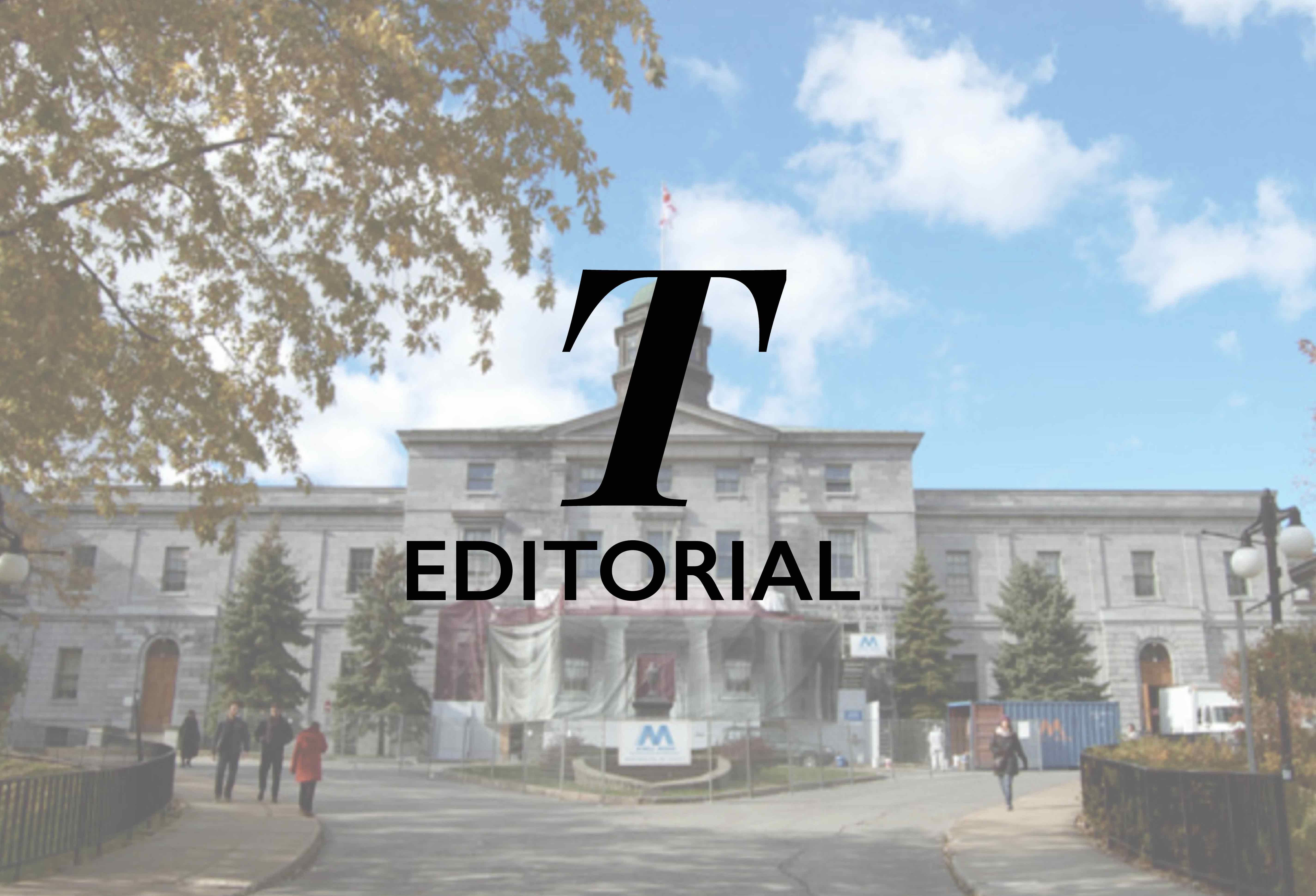On March 31, McGill will celebrate its bicentennial anniversary. The occasion, dedicated to commemorating the university’s 200 years of “impact,” will feature virtual conferences showcasing research, a digital time capsule containing professors’ visions for the future of their fields, and a massive fundraising drive. Although it is important at this critical juncture to acknowledge the institution’s growth and recognize the achievements of its research and graduates, these facets are only one part of McGill’s story. From the Black and Indigenous persons whom James McGill enslaved to the individuals subjected to 20th-century MK Ultra experiments, survivors of violence and oppression form much of McGill’s complex history. Moreover, chronic underfunding in key areas such as student services continue to undermine students’ experiences, overshadowing its rising rankings. This year’s bicentennial must not devolve into a pageant of institutional conceit: As McGill enters its third century, it is imperative that the administration reckon with the university’s failings and set a course toward inward reflection and change.
Over the course of its two centuries of existence, McGill has expanded and evolved into a major public research institution with an international student body. Nevertheless, it has always been an artifact of white settler colonialism: Established on land stolen from the Kanien’kehà:ka people, the university’s bicentennial also marks two hundred years of anti-Indigenous violence. It bears James McGill’s name because he used wealth from the fur and slave trade—as well as the money he accumulated by exploiting and enslaving Black and Indigenous people—to found the institution as his legacy. Although these facts have been brought to the surface through archival research, administrators have long resisted calls to confront them. Worse, they have cast James McGill’s merchant success as an archetype for the modern McGill student, even commissioning a statue of him in 1996. Administrators have resisted student campaigns to take down the statue memorializing McGill’s racist founder, either effacing history or implicitly worshipping the white supremacy that produced his success.
McGill’s modern research history has been similarly polished free of historical wrongdoings. Consider the 1957-1964 Project MK-Ultra experiments, where McGill psychiatrists supported the United States Central Intelligence Agency (CIA)’s efforts to devise mind control methods—subjecting hundreds of nursing students to inhumane forms of sensory deprivation in the process. McGill faculties have also been involved in weapons research at the behest of the U.S. and Canadian governments, rendering the institution complicit in geopolitical violence. McGill must honour the victims of its role in past and ongoing oppression even as it highlights the acclaim of its graduates.
Students, however, have long challenged McGill to do better. From 2019 valedictorian Tomas Jirousek’s successful campaign that changed the racist men’s varsity team name to the “McGill RedBirds,” to the Summer 2020 “Take Down James” movement led by Black Students, courageous student activists have been at the forefront of tangible improvement at the university.
Still, although administrators have eulogized students as “resilient”—not least for surviving remote learning during the pandemic—such rhetoric threatens to justify dysfunctional student services and unreasonable academic harshness. Just because students are determined enough to endure McGill’s many shortcomings, from an understaffed Wellness Hub to inaccessible academic advisors, does not mean that these issues should be ignored. In its next century, McGill must enshrine compassion and respect into its ethos, prioritizing its educational mission. It must also stop seeing students as a product to be “made.” McGill is not merely a factory of prestige; it is an institution that has benefited from the contribution of its faculty, staff, and students, but most importantly exploited labour.
It would be unreasonable to mindlessly praise the institution as though it has played no part in historical atrocities or present-day inequities. McGill’s faculty are still overwhelmingly white, and BIPOC professors battle discrimination and obstacles to advancement. McGill’s bicentennial is a moment to reflect on how far it has come, but it must also orient itself toward long overdue change.








